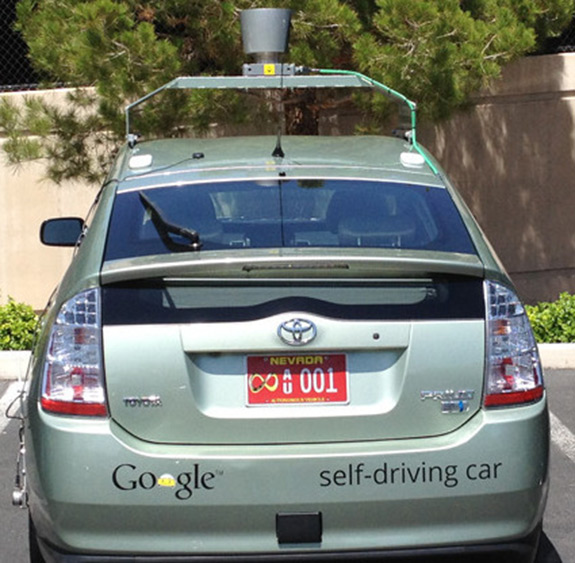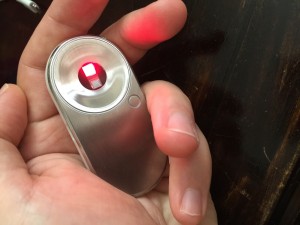The army has pilotless planes and now Google has created a driverless Toyota Prius.

In actuality, the idea of autonomous cars has been around since 1939 with the first robotic car introduced in 1980. It hasn’t been until recently that the technology has really caught up to make autonomous cars a reality. Google is the first developer, however, whose car has received a state driver’s license.
The car was tested on the highways and neighborhoods of Carson City and Las Vegas and is controlled by computers processing a combination of mapping data, radar, laser sensors and video feeds. The system regulates the brakes, acceleration and steering, though it is still a work in process as evidenced by a 5-car crash a year ago caused by a Google autonomous car.
Though the car can drive itself, humans can take control by turning the steering wheel or stepping on the gas pedal.
The Nevada DMV has reviewed Google’s safety plans, employee training, system functions and accident-reporting mechanisms for these cars and found it suitable enough to issue a license for these cars. The autonomous car will be distinguished from other cars with a red license plate and infinity symbol. In the future, should these autonomous cars become mass-produced, the infinity sign will appear on a green background.
Google is not the only company developing these cars. BMW has been testing driverless cars since 2005, Audi sent a driverless Audi TTS to the top of Pike’s Peak, GM is planning on releasing semi-autonomous cars by 2015 and fully-autonomous ones by 2020 and Mercedes has announced their autonomous S-class car that will drive itself at speeds of up to 25mph.
Autonomous cars will not only prevent crashes, it can also potentially reduce oil consumption, alleviate parking scarcity, reduce need for road signage, and even reduce or eliminate car insurance. There’s a lot of issues that need to be worked out, but this is definitely the wave of the future.






